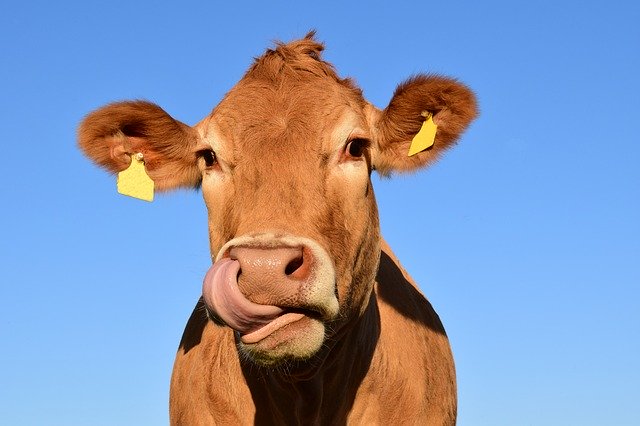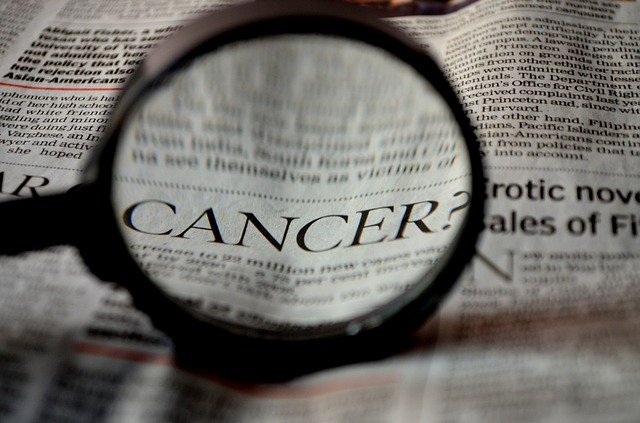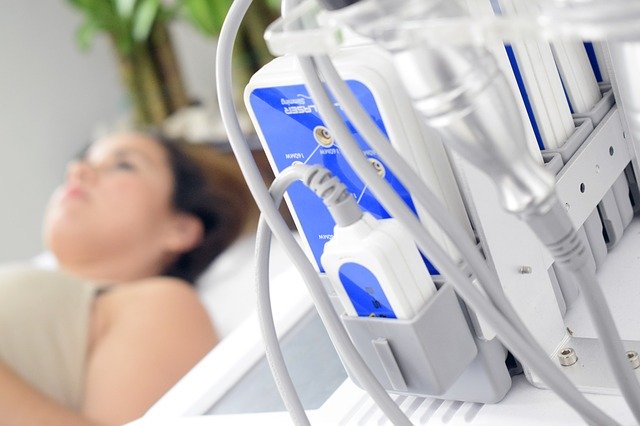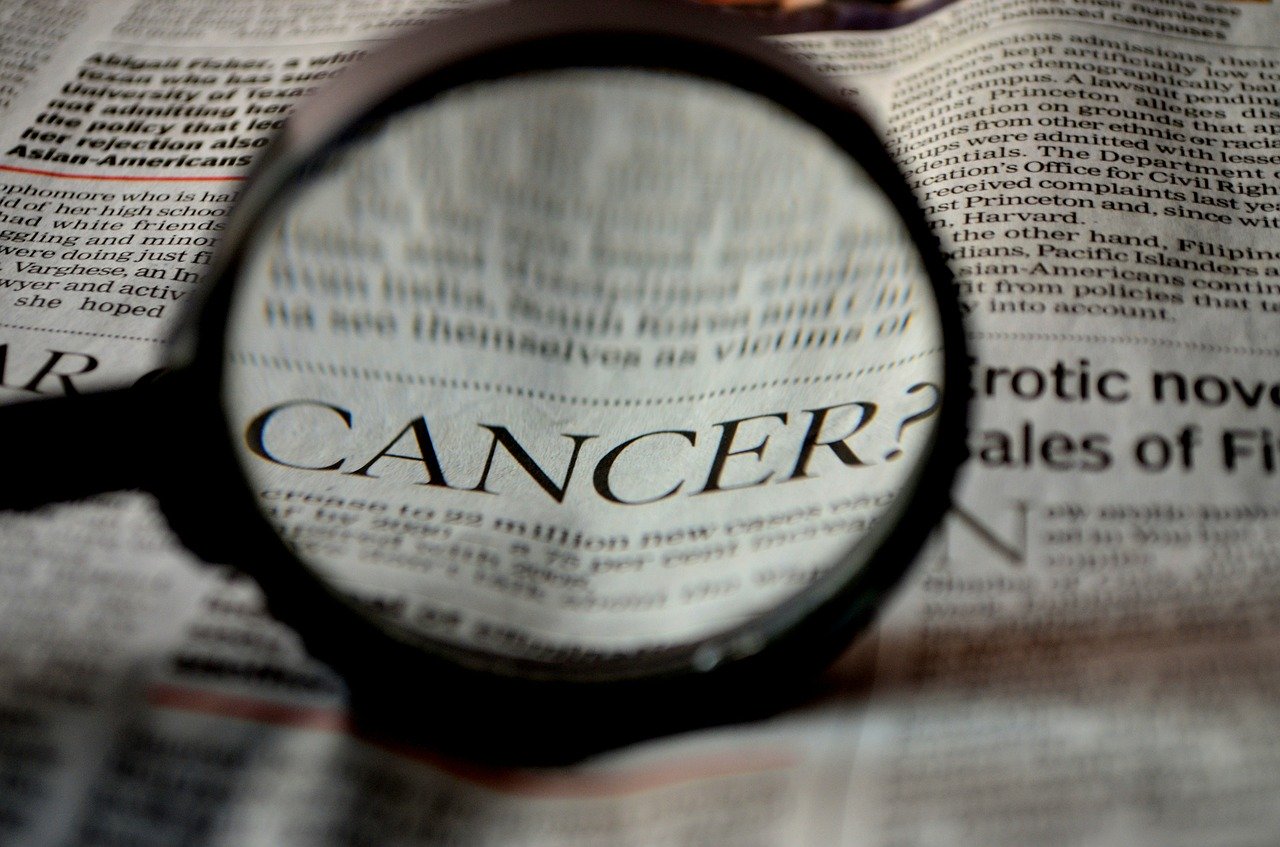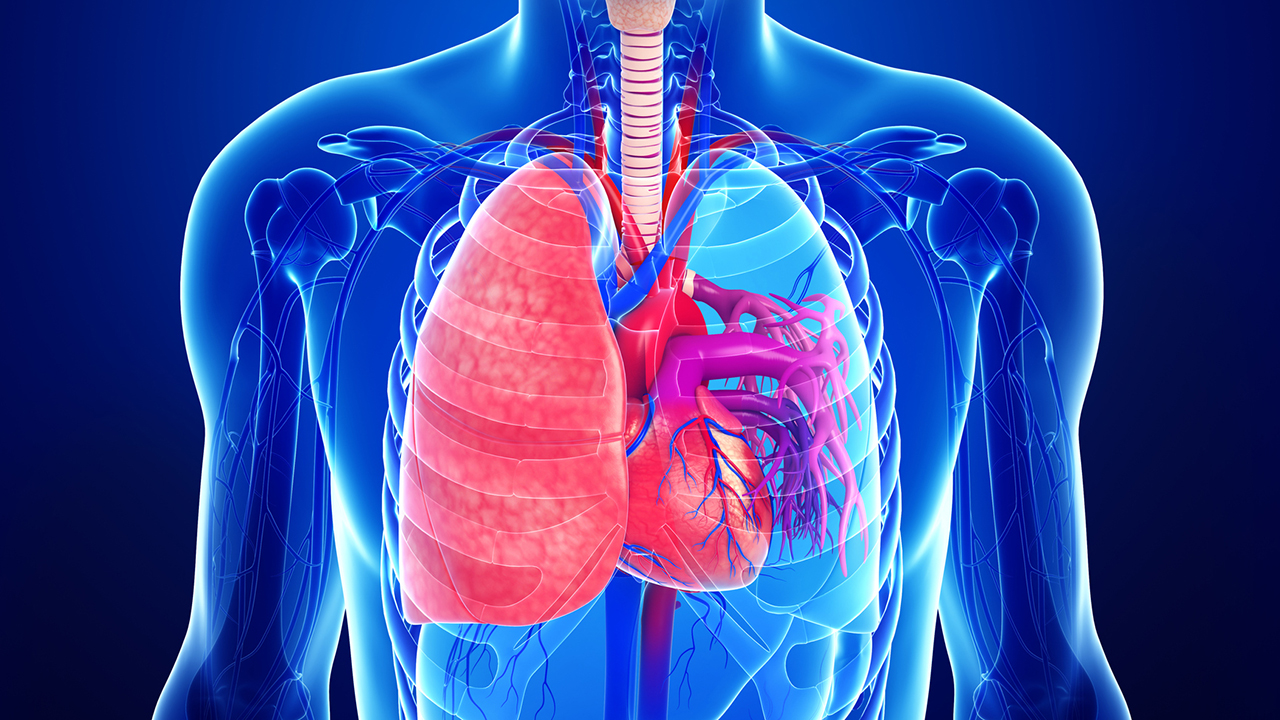A recent study concludes that women who drink higher amounts of milk may have a higher risk of developing breast cancer than those who drink little or no milk.
According to the American Cancer Society, in 2019, there were about 268,600 new cases of breast cancer among women in the United States.
Over the years, scientists have discovered a number of lifestyle-related risk factors for breast cancer; These include alcohol consumption, a higher body mass index, and lower levels of physical activity.
Many scientists believe there may also be nutritional risk factors, but as the authors of a recent study explain, “the results have been inconsistent for virtually all nutritional factors to date.”
Two food groups that have received a good amount of care are soy and dairy. Its impact on breast cancer has been shown to be difficult to identify.
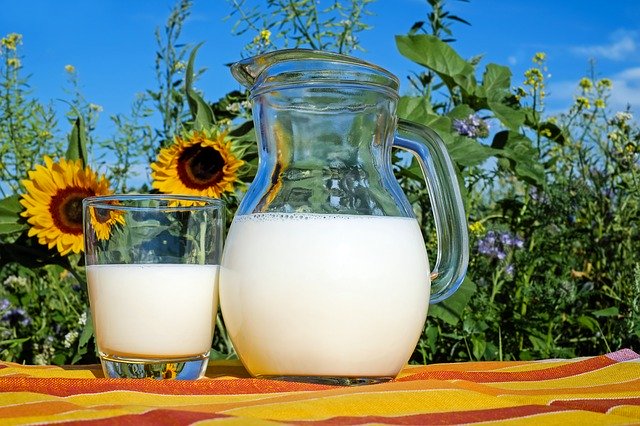
Some perspective
In the current study, about 1 in 50 participants developed breast cancer within the follow-up period. If we had to increase this risk by 80%, that would give us an incidence rate of 1.8 in 50.
So, although these changes are statistically significant, observing the absolute differences makes the actual effect size a little clearer.
Despite the large size of the study, there are some limitations. As with most large nutrition studies, this was observational, making it impossible to confirm cause and effect. In other words, there may be other factors associated with milk consumption that are affecting the risk of breast cancer, such as intake of coffee or tea.
In addition, dietary information was only collected once; people can change their eating habits significantly over the years.
In general, however, Fraser concludes that “milk milk has some positive nutritional qualities, but must be balanced with other possible, less useful effects.” This work suggests the urgent need for more research.”
Because breast cancer is relatively common and milk is widely consumed, understanding the true relationship between the two is an important topic to investigate.

